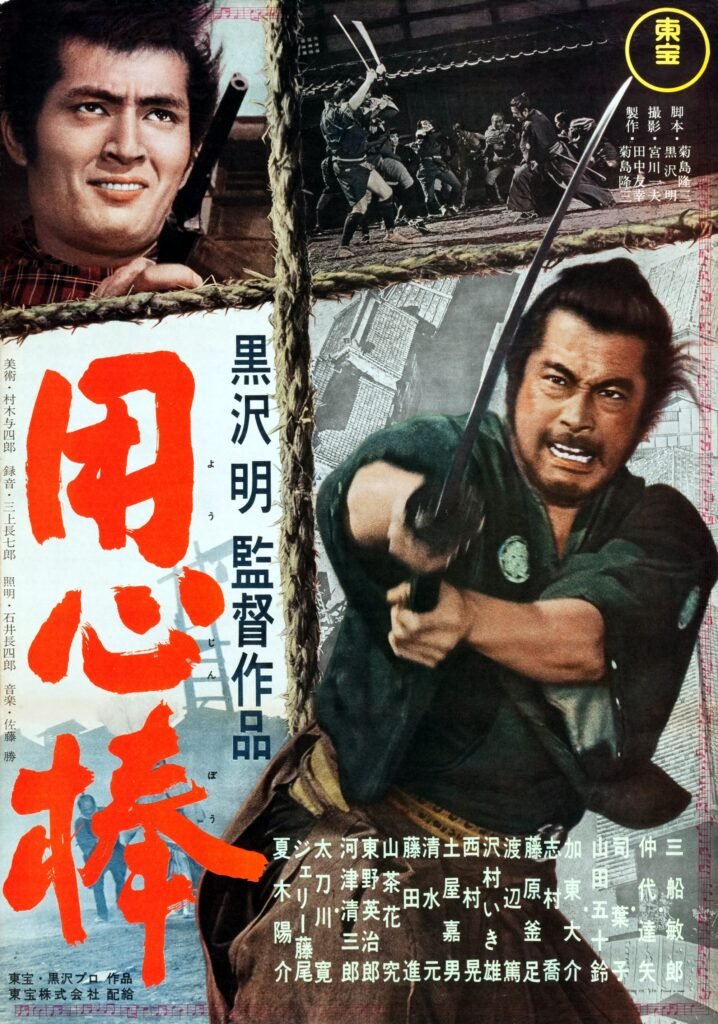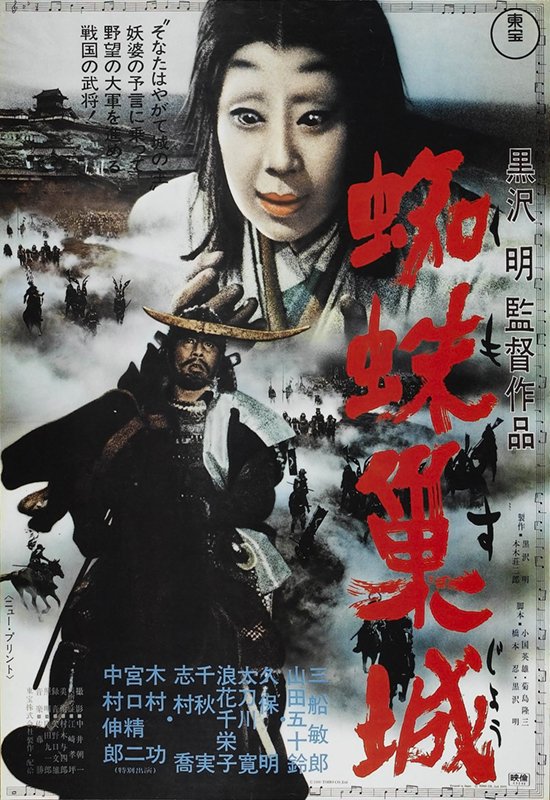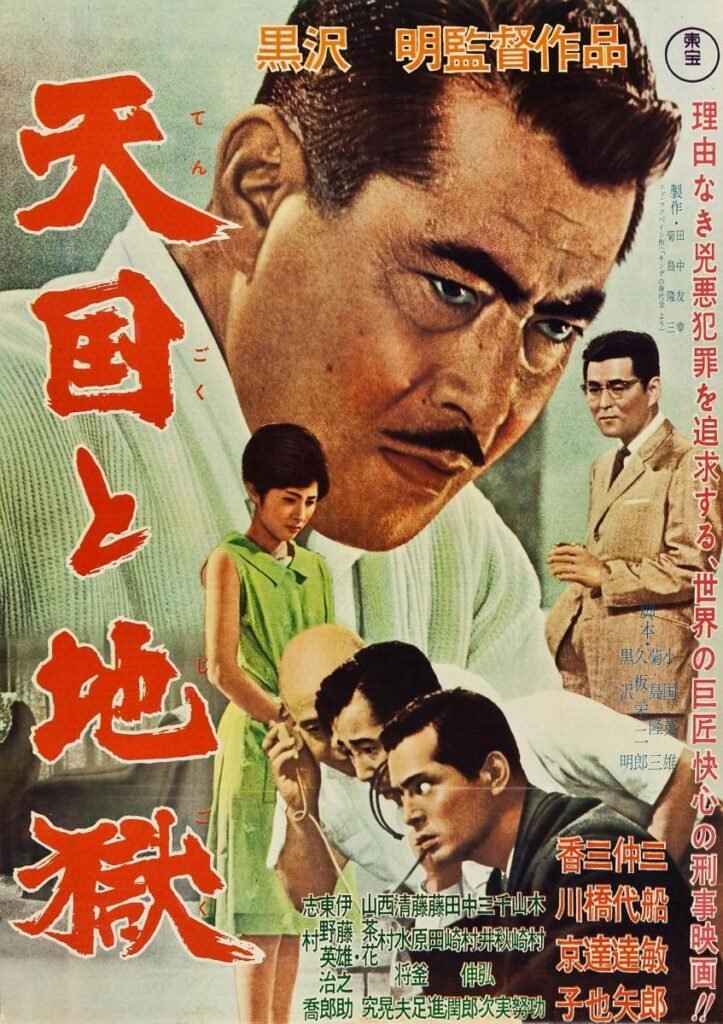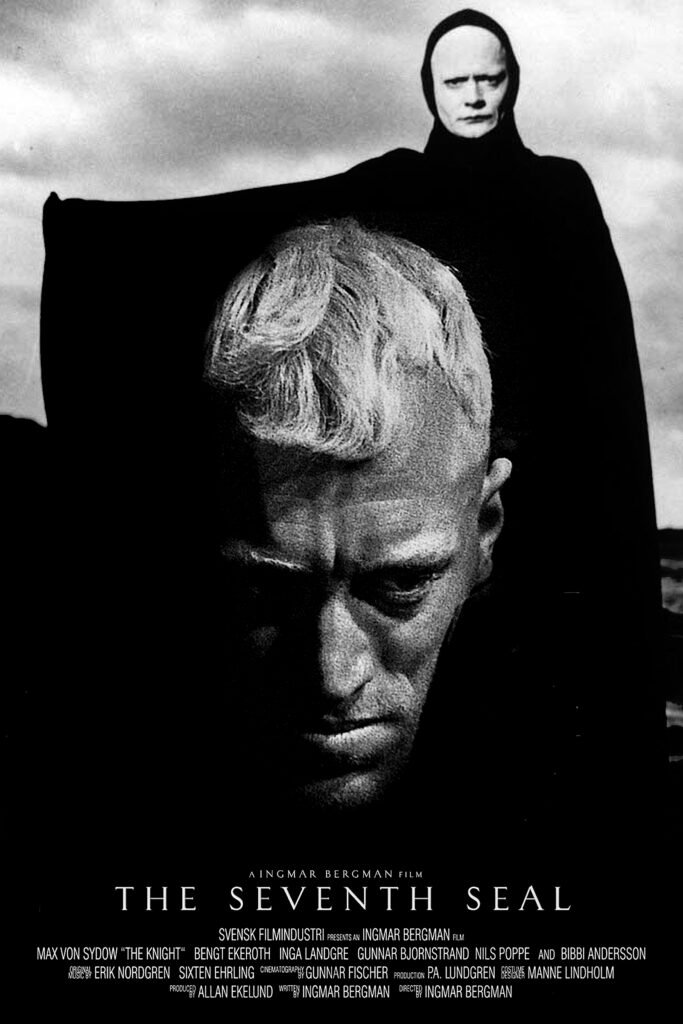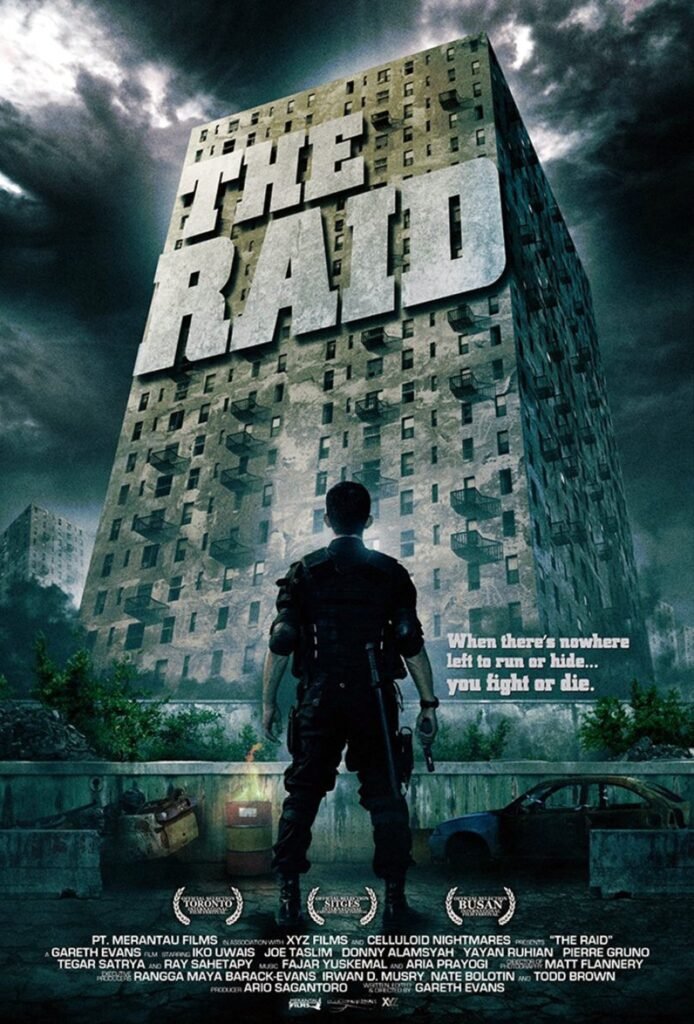by Public Service Associate Luke

When Bong Joon-Ho, the Korean director, was accepting his Best Picture award for Parasite, he stated that the win would hopefully show audiences that they could get over the “one-inch barrier of subtitles” and have their worlds opened to entirely new stories and creative insight. Admittedly, I once had to overcome this hurdle myself, but ever since I began exploring foreign films, I have found some of my favorite movies. I learned how samurai movies created the “lone wolf” trope that American westerns popularized. I discovered darkly psychological thrillers that inspired the likes of Fincher, and I experienced the original martial arts movies that Tarantino has since emulated. Going international for your film viewing leads to some artistic, beautifully crafted, and deeply philosophical movies, with some of my personal favorites listed in this blog.
Any international movie list would be lacking if it did not contain the magisterial works of the great Japanese director Akira Kurosawa. With thirty films in his impressive filmography, it is hard to pick which films are the best to watch. I’ll pick three, although these movies do not represent all that the director offers. Yojimbo is a true samurai film, with the lone warrior traveling through feudal Japan before coming across a town beset by two families in violent disagreement. Loyal to money, the nameless samurai plays both sides, fighting with plenty of swordsmen and earning plenty of coin. This movie was remade with Clint Eastwood in 1964, and became the blueprint for “lone gunslinger/samurai” films that would follow. Throne of Blood is Kurosawa’s flawless transposition of Shakespeare’s Macbeth into feudal Japan. It contains one of the most frightening witches in the Shakespearean world, and some of the most exciting battles in any samurai movie. The final Kurosawa movie I’ll recommend is High and Low, a Japanese noir crime film about the kidnapping of a rich family’s scion and how far the family is willing to go to get their son back. Some believe this is Kurosawa’s best, with it’s themes of stretched morality and familial love.
The Seventh Seal is a 1957 Swedish film, starring Max von Sydow as a soldier returning home from years fighting in the Crusades. His homeland is rife with plague, and the knight encounters Death himself, and they begin a chess match. This simple setup leads to one of the greatest philosophical films of all time, as the Swedish knight and the ghostly figure of Death discuss faith, life, and the morality of war. The Seventh Seal established Ingmar Bergman as one of the great directors of the 20th century, and the director would continue to create some of the most thought-provoking films ever made.
Bicycle Thieves is another simple story that reveals much more underneath the basic premise. A man in post-war Rome gets his bike stolen, the bike that would allow him to keep his job and support his family. He and his son wander the city, looking for the thief, and instead are met with challenges to faith, goodness, and true connections between father and son. With one of the greatest child performances ever put to screen, Bicycle Thieves persuades the viewer to think about the possibility that everyone deserves our goodwill, from the homeless man who needs a shave, to the employer who needs men or he will lose his business.
Another Italian film, this one a comedy-drama by Federico Fellini, examines the creative process and the subjectivity of art. 8½, so called because it was the director’s self-referential joke as to the number of films he had worked on, follows a famous director as he suffers from writer’s block and is unable to create his next work. The director tries to conjure images of the characters for his project, but they merely reveal his personal flaws and leave him; they are a mirrored version of the people in his real life. As he loses characters, friends, and lovers, the director rethinks this life and his artistic process, learning some valuable lessons while doing so. If you have ever wanted to create something, from a novel to a film to a painting, 8½ will give you an examination of creativity you may find extremely useful.
M is the oldest movie on this list, and is also the darkest. I will only reveal the basic plot: a serial child killer is hunted by both the police who want to arrest him as well as the criminal underworld that wants to kill him. The movie twists and turns, with the great German director Fritz Lang exposing the darkest side of every person involved in the story. This film became the standard to follow for any dark psychological thriller, and the “beast within” can still be found in the films from acclaimed directors working today, such as Ari Aster and David Fincher. The shadows in the movie become their own characters, and the players involved can almost be seen evolving into the darkness that the movie creates. If you are not one for dark thrillers, you may want to avoid M, as it will stick with you for years.
My final recommendation comes in the form of two movies: The Raid: Redemption and its sequel, The Raid 2. Indonesian martial arts movies helmed by a Welsh director, these two have become some of the greatest martial arts movies of this century. Star Iko Uwais demands the camera’s focus, and you will not be able to move your eyes from the fast-paced action. With some of the best action set pieces ever made, the fighting experts in the movie punch, kick, stab, shoot, maim, leap, and sprint across the camera with such speed and precision that you as the viewer will find yourself just as exhausted as the men onscreen. The plot is simple. In the first movie, a rookie cop finds himself stuck in an apartment high-rise, with every inhabitant out to kill him. In the sequel, he must now deal with the consequences of his actions from the previous film. That’s it. These movies were made to simply allow some of the best martial artists in the world shine on camera. Hollywood has attempted to bring the same stars to American cinemas, and no one has been able to do it the way Uwais and director Gareth Evans can. Fair warning for the squeamish: these movies can get very gory.
While some of my favorite movies ever have made their way to this list, these do not scratch the surface of what international movies have to offer. The world is so much bigger than just a few films, and people from all over the world have very different and diverse stories to tell. At Bexley Public Library, we have a great selection of foreign films for you to choose from. Come browse the titles, and select those that interest you. The ones I have mentioned here are meant as some of the most influential, but every genre has its representation in our collection. Let these movies open up the world for your viewing pleasure, and above all, enjoy!
